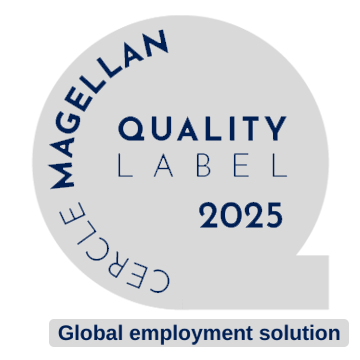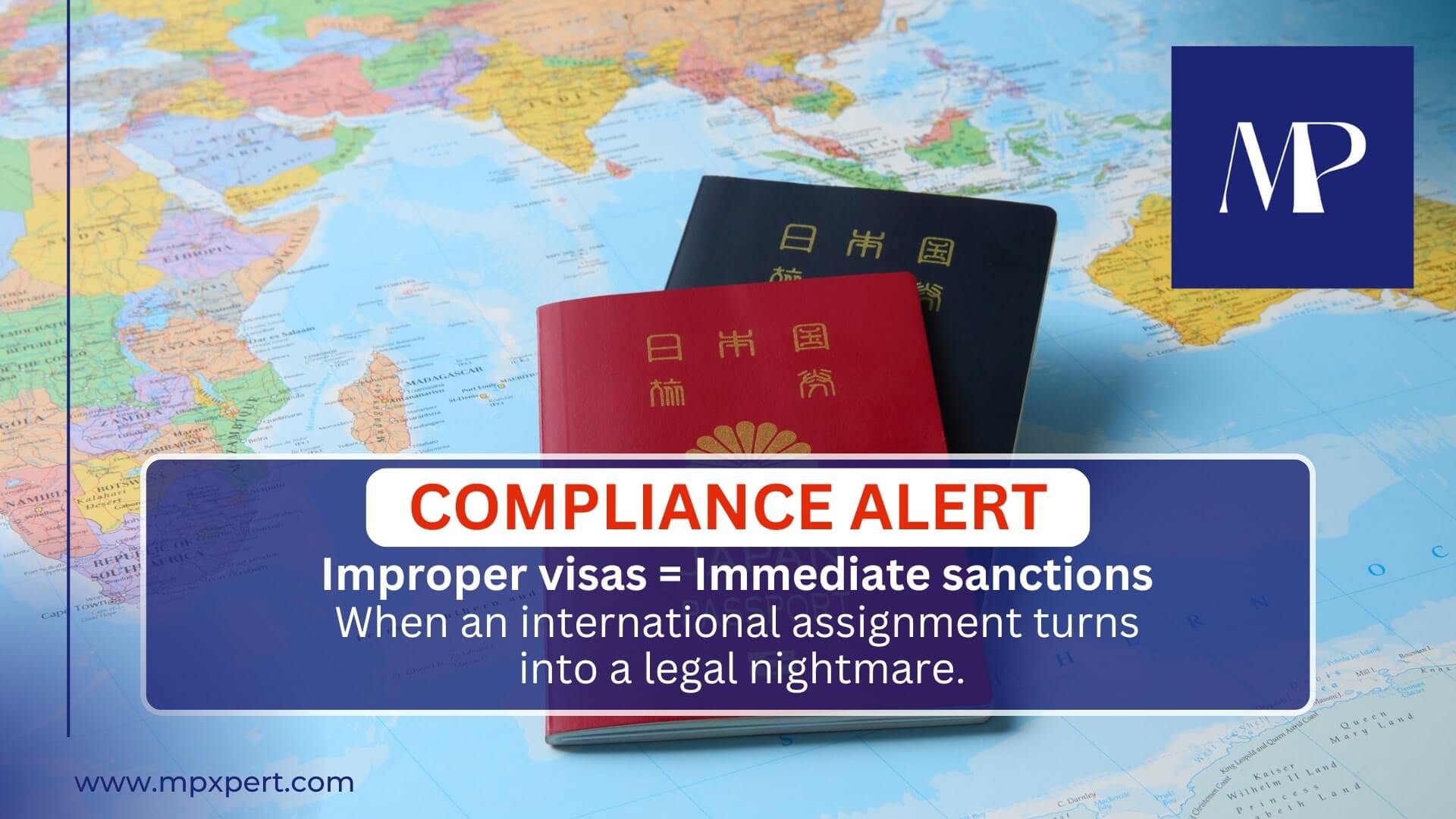Denounce with righteous indignation and dislike men who are beguiled and demoralized by the charms pleasure moment so blinded desire that they cannot foresee the pain and trouble.
Read More🌍 Essential work permit updates for 2025: what you need to know!

UK 2025: A real case of a blocked relocation
Consider Nadia, a qualified nurse from the Philippines, hired for a critical role in a UK private clinic. Her application was approved, the employer was a licensed sponsor, and the Skilled Worker visa was successfully granted. However, in May 2025, the UK government introduced a pivotal reform: the “Health and Care Worker” route was closed to new applicants applying from abroad — with exceptions only for those already residing in the UK.
The result? Nadia is unable to take up the position, despite an urgent need from the employer. The employment contract is signed, onboarding planned, and internal teams aligned — yet the visa is no longer an option. For the employer, it’s a breakdown in planning: training budgets, hiring forecasts, and compliance efforts are all disrupted. For Nadia, it’s the abrupt loss of a career opportunity and a carefully planned international relocation.
This situation reveals critical insights for HR departments and global mobility leaders:
- Establish a proactive regulatory watch
Immigration rules can shift rapidly. In May 2025, policy announcements transitioned into legal changes within weeks, rendering previous workforce planning strategies obsolete. - Integrate legal risk review at the recruitment stage
Before making any offer, ensure the candidate’s eligibility is confirmed under current immigration conditions. - Plan alternative scenarios from the outset
Maintain local talent pipelines, consider transitional pathways (e.g., short-term training or internships in-country), or explore alternative visa categories to maintain flexibility. - Ensure transparent communication with international candidates
Keeping foreign talent informed of regulatory shifts fosters trust — and helps avoid the risk of them opting for more mobility-ready competitors.
👉 The broader context? The UK aims to reduce net migration by nearly 50% by 2026. Visa routes are tightening, and new controls can emerge suddenly, impacting even well-structured international hiring plans.
At MobilityPartners, we support HR teams in future-proofing global assignments: from legal monitoring and compliance audits to strategic relocation planning. Nadia’s case is a clear reminder: even a compliant file is no longer enough — adaptability is now essential.
In conclusion: Nadia is not an isolated case. Even high-potential talent recruited under prior rules can suddenly fall outside legal frameworks. For HR, SEO, and global mobility professionals, compliance can no longer be treated as an afterthought. It must become a strategic pillar of international workforce planning.







